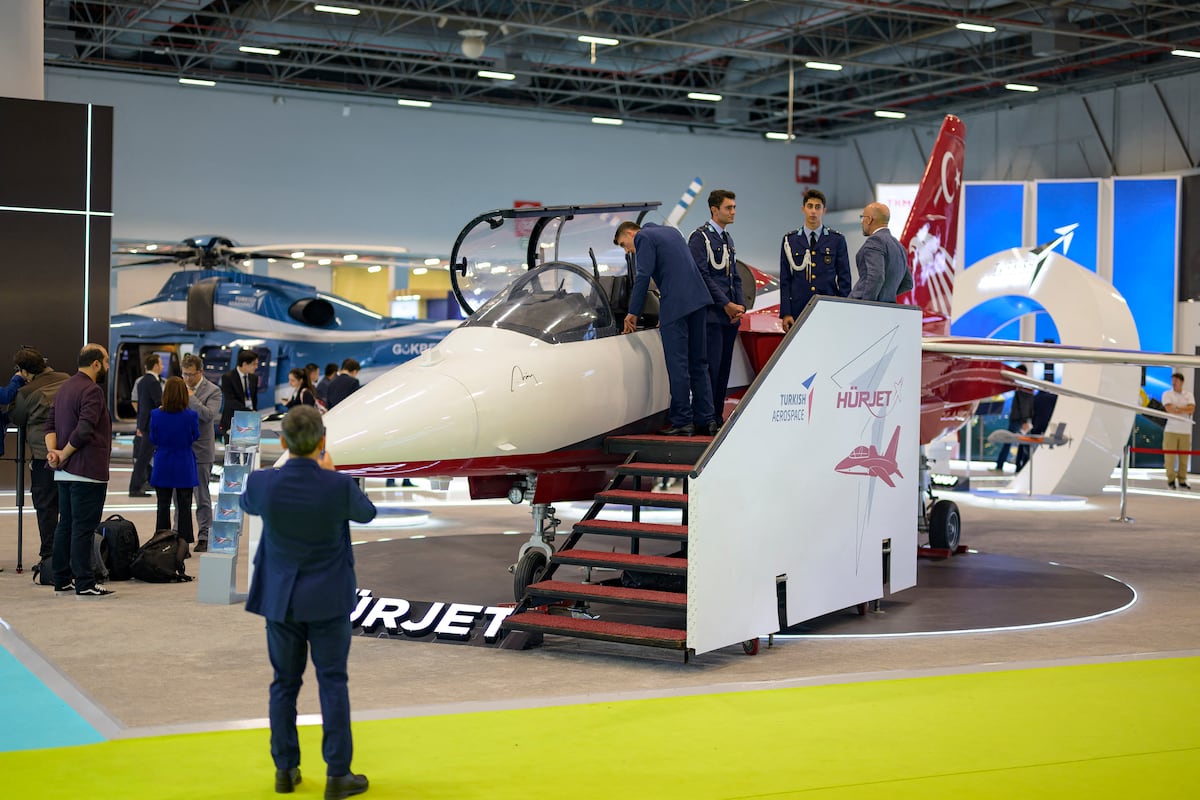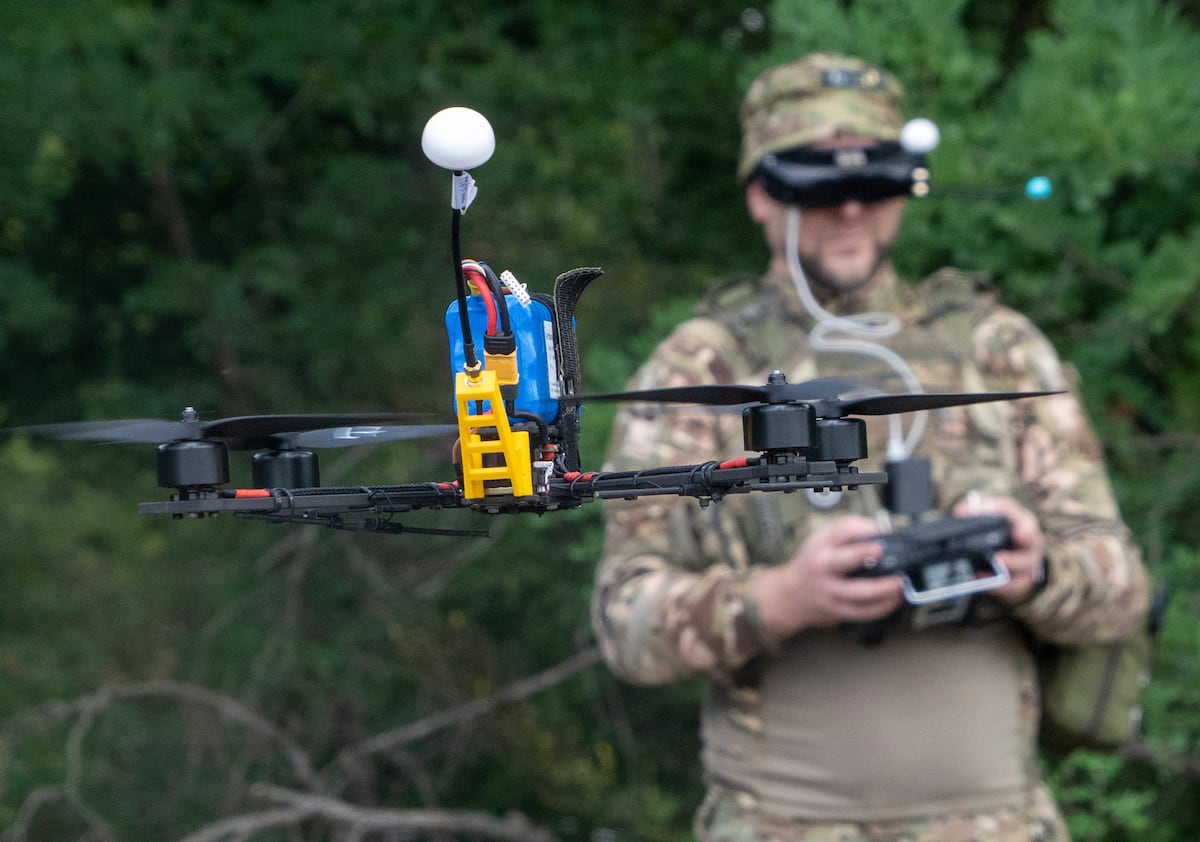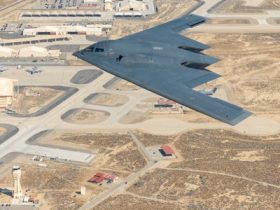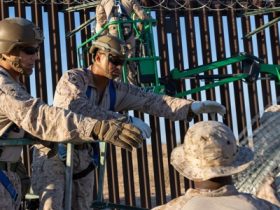ISTANBUL — Turkish Aerospace Industries (TUSAŞ) and Airbus, one of Europe’s leading aerospace companies, have inked an agreement to accelerate the export of the Hürjet advanced jet trainer to Spain.
Signed during the 17th International Defence Industry Fair (IDEF) here, the pact formalizes the collaboration between TUSAŞ and Airbus on the Hürjet program and defines each company’s role in Spain’s jet trainer procurement process.
The move follows a memorandum of understanding signed in May between TUSAŞ and a Spanish defence industry consortium that includes Airbus, focusing on industrial collaboration around the Hürjet.
The new agreement aims to accelerate the process of integrating the aircraft into the Spanish Air Force inventory.
The partnership also clarifies key details regarding the export of the Hürjet. Under the agreement, up to 30 Hürjet aircraft are expected to be procured to meet Spain’s jet trainer requirement. The final sales contract is scheduled to be signed by the end of 2025, with deliveries planned to begin in 2028.
The agreement sets the work-share terms for both parties and is considered the final step before the anticipated order from the Spanish Air Force later this year.
“This agreement, signed between the two companies, outlines how we intend to run the Hürjet program in Spain. It sets the intent and defines the terms — how we are going to work together, who will be responsible for what, and how we will integrate the Spanish team into the Hürjet project,” said Jean-Brice Dumont, head of air power at Airbus Defence and Space.
“We are also building a training system around the aircraft. The aircraft itself is, of course, the flying platform, but the ultimate goal is to train future pilots. That involves simulators, software, and various technologies integrated around the aircraft. All of this is included in our joint agreement.”
When asked about the potential risks the project may face, Dumont told Defense News that one of the key challenges lies in introducing Spanish-specific customization while the aircraft is still under development. This creates the risk of overlapping time horizons, he said.
“To mitigate that, it’s crucial for Turkish Aerospace to complete aircraft development and prepare for delivery, while both teams begin working together to become familiar with the program. This first step is critical,” Dumont said.
“We need a basic aircraft as the foundation, and that aircraft is currently under development. Once that’s ready, we can move forward with the Spanish customization. These two efforts will proceed in parallel. However, we must be careful not to overburden the core development team during this process.”
Dumont said that the company’s goal is to deliver on industrial-policy obligations under the sale.
“The Spanish Ministry of Defense has asked for the incorporation of Spanish content into the Turkish aircraft and the establishment of strong industrial ties between Spanish entities and Turkish Aerospace,” he said. “That is our current priority.”
Cem Devrim Yaylali is a Turkey correspondent for Defense News. He is a keen photographer of military ships and has a passion for writing about naval and defense issues. He was born in Paris, France, and resides in Istanbul, Turkey. He is married with one son.
Read the full article here








Leave a Reply